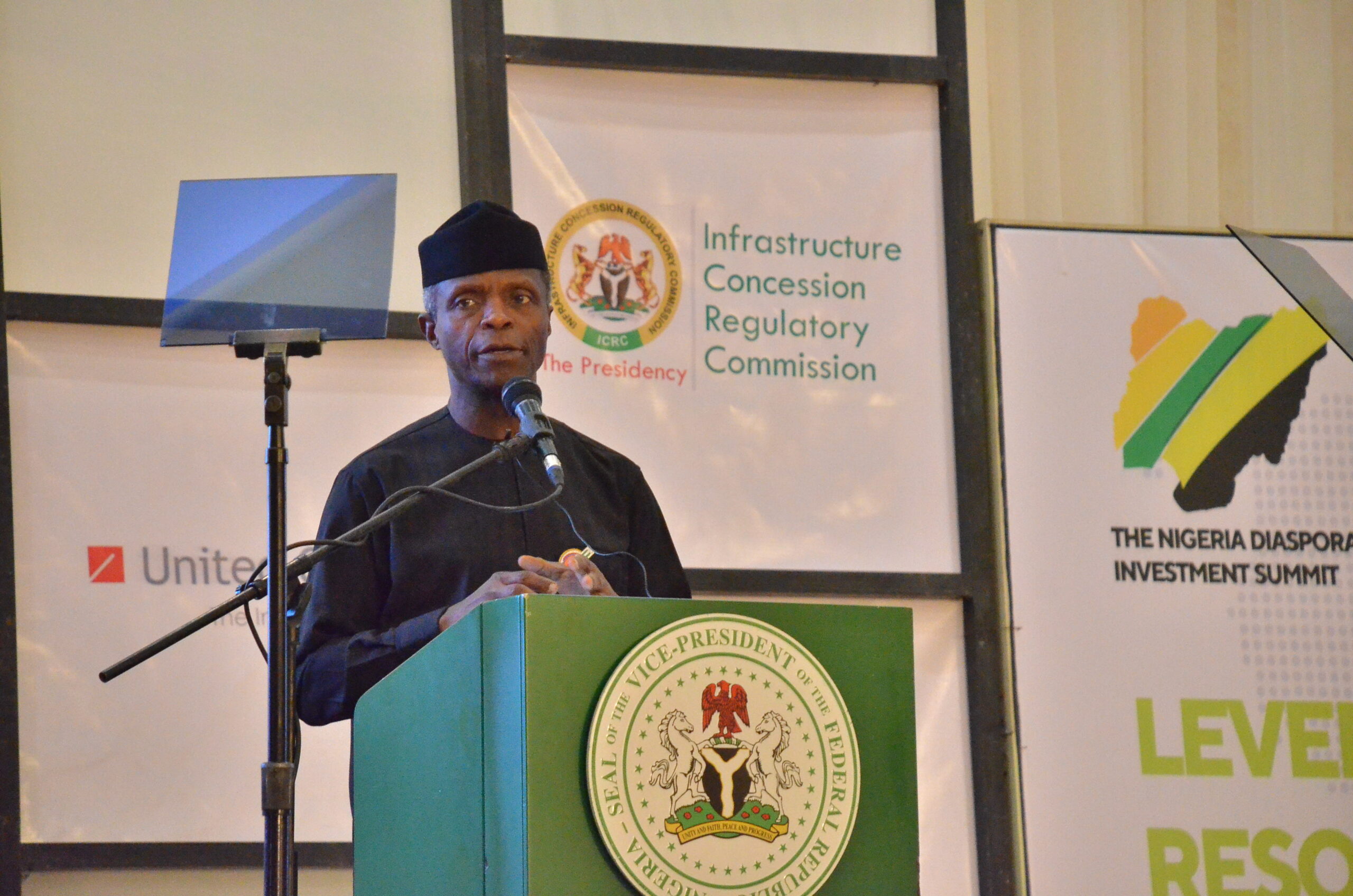At the first summit my remarks were focused on the investment opportunities and our macroeconomic context. The theme of this second summit is clearly meant to be complementary, Leveraging Diaspora Resources for Economic Growth.
My very brief remarks today will focus on the hows of bringing in diaspora resources.
How do we mobilize resources for both Foreign direct investment and portfolio investment? And how do we effectively market these vehicles? Also should we not, as has been suggested in some studies of the problem, explore the prospects of international cooperation to make the mobilization of assets across borders easier? Could we for example work out rules by which local banks can accept assets located abroad as collateral?. ( excellent work done by Aaron Terrazas , Diaspora investment in developing and emerging capital markets)
Some international agencies such as USAID and OPIC, two US agencies have supported diaspora investments in their countries of origin through risk reduction. USAID does this by focusing on the lenders in the country of origin, and OPIC too by focusing on diaspora investors who are US citizens. “The Development Credit Authority, DCA, also a US government initiative, has provided partial credit default guarantees to enable Ethiopian entrepreneurs in diaspora access bank credit. The way it works is that the credit guarantee allows USAID partner banks to mobilize locally held assets and savings.
The DCA then guarantees 50% of losses in case of default .” Also OPIC supports US registered companies investing overseas by offering discounted insurance to protect against currency risk, in particular the possibility that an investor may have difficulty converting profit or capital from local currency to dollars, and also political and expropriation risks. Now it is entirely possible to work with both local and international agencies to seek ways of de-risking diaspora investments to encourage more interest in local investment opportunities. We may for example look at ways by which The Nigeria Incentive-Based Risk Sharing System for Agricultural Lending (NIRSAL Plc.)can derisk diaspora investment in agriculture and agribusiness . NIRSAL’s mandate is to stimulate the flow of affordable finance and investments into the agricultural sector by de-risking the agribusiness finance value chain.
How can we make diaspora bonds, diaspora mutual funds work? Interest in previous attempts at diaspora bonds appear to have attracted mainly institutional investors. How do we mobilize non institutional diaspora funds?. I think we can explore how diasporans in the financial industry in their countries of residence can partner with local private capital companies to raise capital in both jurisdictions for investment. So much is possible.
In the past four years a major focus of our government has been on infrastructure development. Rail, roads, bridges and power. Our infrastructure spend is by far the largest in history. Yet the infrastructure deficits remain significant. We have major funding gaps. Part of the solution is private sector collaboration by way of tax credits for investment in public infrastructure .
The other is the Infrastructure fund. The fund at the moment has only received institutional investors, but there is in my view room for investment from diaspora funds. Such investments especially when managed with the known expertise of the Nigerian Sovereign Wealth Fund can be both safe and profitable. Our focus on renewable energy in the power sector also presents an opportunity especially with our green bonds- Africa’s largest sovereign Green Bond. The bond issuance has done so well and has supported very lucrative investments in our energizing education project .The Program will improve access to power to thirty seven (37) federal universities and seven (7) university teaching hospitals across the country. It will also impact the residents of surrounding communities of over one million (1, 110, 000) people.
In total 119MW of power will be provided out which 60 MW will be solar powered projects.
Only last month at the Bayero University Kano, BUK, we commissioned the largest hybrid solar plant in Africa. Investments in the green bonds serves important economic and environmental purposes. The possibilities are many, and I hope we will spend some time at this summit to closely scrutinize the options for mobilizing diaspora capital for local investment.
So let me again commend the excellent work done by the Diaspora commission under the inspirational and committed leadership of Hon Abike Dabiri-Erewa, the executive chairperson of the commission and all of our brothers and sisters from the diaspora who have contributed to the success of this summit. The journey to full and effective partnership between our country and our kith and kin in the diaspora is becoming more exciting and more promising. I hope this summit will take us to the next level in that journey.
Thank you.

